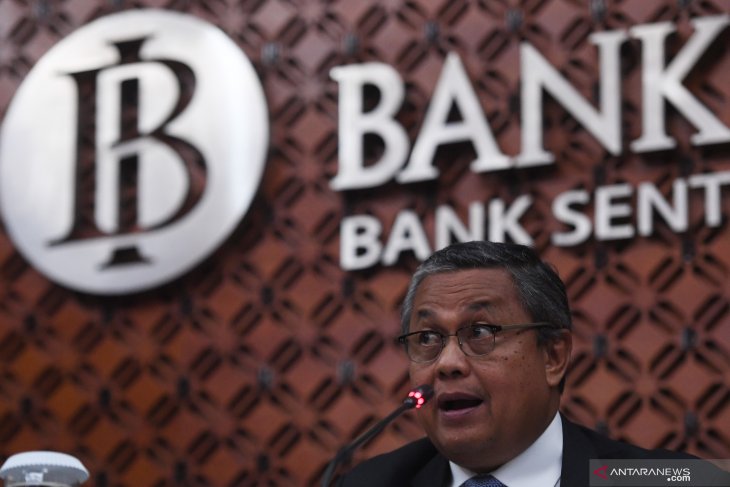Japan Credit Rating Agency, Ltd. (JCR) has upgraded its sovereign credit rating for Indonesia from BBB/positive outlook to BBB+/stable outlook (investment grade) as of January 31, 2020.
Jakarta (ANTARA) – Japan Credit Rating Agency, Ltd. (JCR) has upgraded its sovereign credit rating for Indonesia from BBB/positive outlook to BBB+/stable outlook (investment grade) as of January 31, 2020. “The achievement reflects the strong commitment of Bank Indonesia, the government and other relevant authorities to maintain Indonesia’s economic stability,” Bank Indonesia (BI) Governor Perry Wirjiyo was quoted by the BI Communication Department as saying in a written statement released Friday.
The BBB+ rating with a stable outlook (investment grade) reflected the rising confidence of international stakeholders in the Indonesian economic resilience amidst global uncertainty, he said.
This is the highest rating that the country has ever achieved, he said.
Looking ahead, BI will observe the global and domestic economic developments to benefit from the accommodating policy mix to keep inflation under control, maintain external stability and support the momentum of economic growth, he said.
Indonesia’s rating reflected solid economic growth supported by domestic consumption, controllable budget deficit and government debts, resilience against external upheaval fueled by the rupiah’s flexible exchange rate, the credible monetary policy and accumulated foreign exchange reserves, according to Japan Credit Rating Agency.
Related news: BI’s policy remains accommodative to boost economic growth: Governor
Related news: Rupiah appreciates before BI announces its meeting results
Several factors supported the country’s rising sovereign credit rating; first the continued implementation of infrastructure development reform agenda which is better than JCR’s expectation; second, continued reform of fiscal expenditure and controllable budget deficit achieved by controlling oil subsidy; third, accelerated efforts to address long-term challenges to facilitate direct investment, and develop infrastructure and human resources; and fourth, increasingly solid political support for President Joko Widodo’s government that strengthens the momentum of economic policy.
Infrastructure development which has been high on the list of the president’s priorities since October 2014 has continued consistently, JCR noted.
In fact, during his second term of office, President Joko Widodo stressed ways to strengthen reform efforts by adopting five priority agendas, including infrastructure development, human resources development, simplified regulation, bureaucratic reform and economic transformation aimed at reducing dependence on natural resources.
JCR said the government has a flexible plan to cut fiscal deficit to 1.76 percent of the national gross domestic product (GDP) in 2020 and slash the government’s debt ratio to below 30 percent of the GHDP in the medium term.

